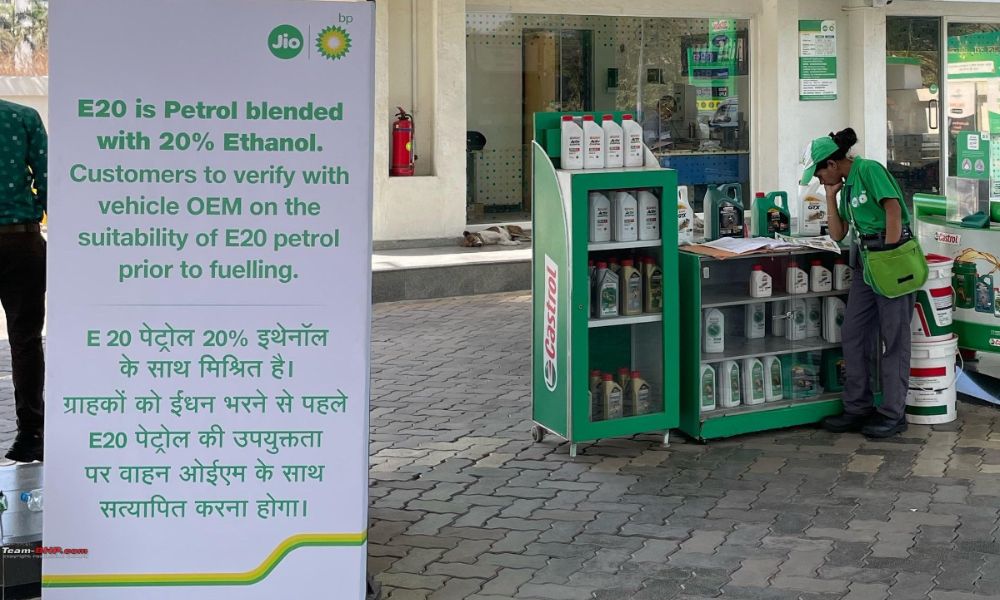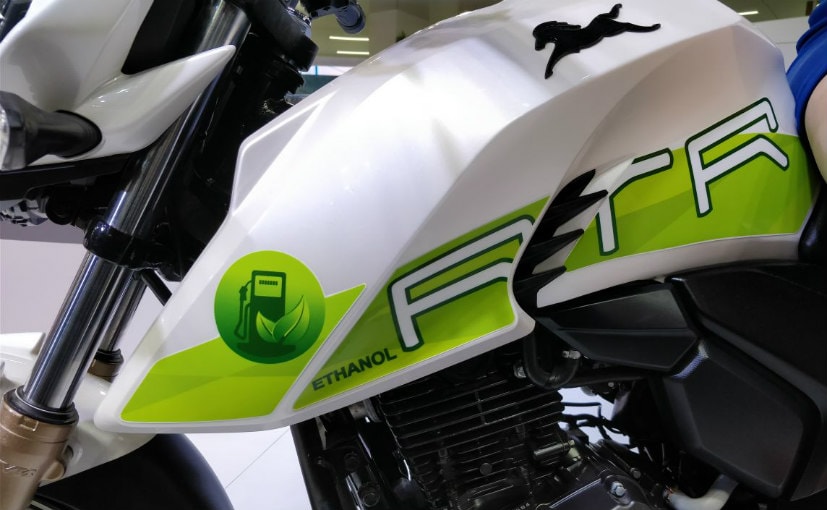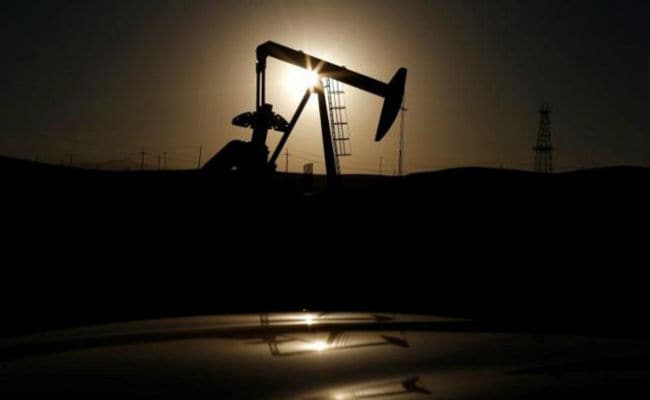Ethanol Now More Expensive Than Petrol; Improves Performance: Govt

Highlights
- Vehicle mileage is influenced by a variety of factors: Govt.
- Rs. 1,44,087 crore of forex has been saved due to use of Ethanol
- Any decision to go beyond E20 not taken yet
Amid rising concerns about the usage of E20 petrol in vehicles in the country, the Union Government has issued yet another clarification regarding its use. Multiple issues have been raised with respect to performance, fuel efficiency as well as the high cost of ethanol-blended petrol and the Ministry of Petroleum and Natural Gas has yet again made its view clear on all of them.

Fuel pumps across the country are now selling only E20 petrol.
“The use of E20 gives better acceleration, better ride quality and most importantly, lowered carbon emissions by approximately 30 per cent as compared to E10 fuel” read a government statement, adding that vehicles tuned for E20 deliver better acceleration which is an important factor in city driving conditions.
The statement also says that voices suggesting that E20 causes a “drastic” reduction in fuel efficiency are misplaced. “Vehicle mileage is influenced by a variety of factors beyond just fuel type. These include driving habits, maintenance practices such as oil changes and air filter cleanliness, tyre pressure and alignment, and even air conditioning load”, the statement adds.
Talking about the possibility of E20 petrol being cheaper, the statement explains, “Over time, procurement price of ethanol have increased and now the weighted average price of ethanol is higher than cost of refined petrol.” This practically suggests that going forward the cost of ethanol-based petrol is unlikely to come down. “The alternative of going back to E0 Petrol would involve losing the hard fought gains on pollution and the success achieved in energy transition.”, said the statement. It also mentions that any decision of standardising a higher blend of ethanol in petrol (beyond E20) is yet to be taken.
Finally, referring to older vehicles that are not tuned for E20 usage, the government has made clear that filling of E20 fuel has no impact of the validity of insurance of vehicles in India. “Only in case of certain older vehicles, some rubber parts and gaskets may require replacement earlier than in case non-blended fuel was used. This replacement is inexpensive and can be easily managed during routine servicing. It may need to be done once in the life time of vehicle and is a simple process to be carried out at any authorised workshop.”













